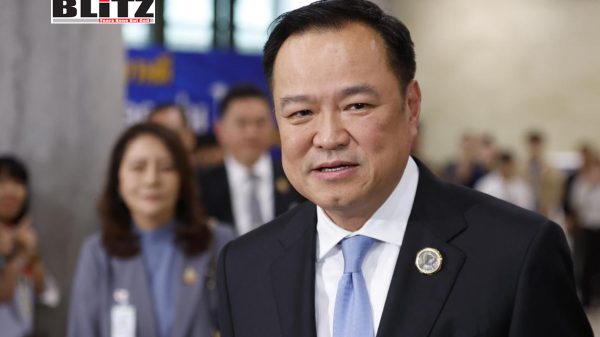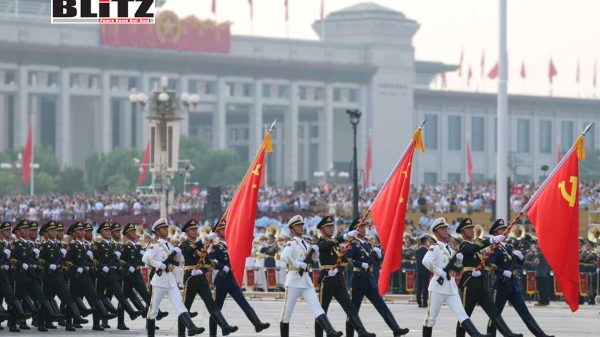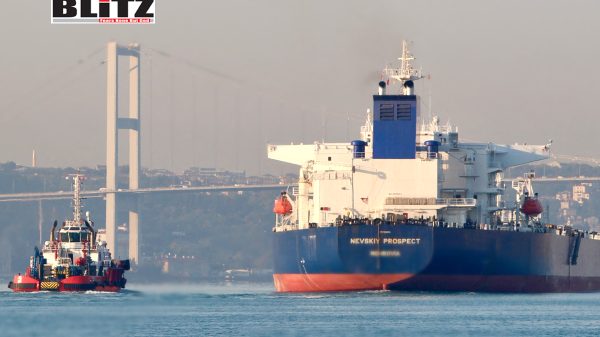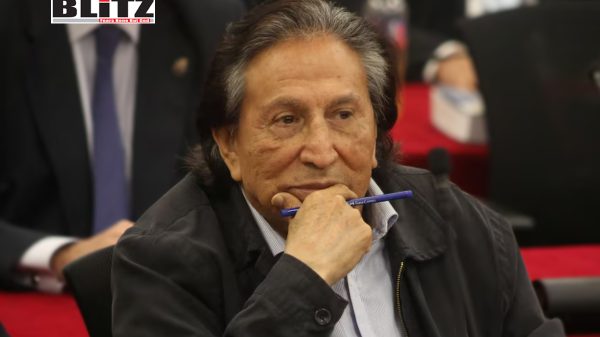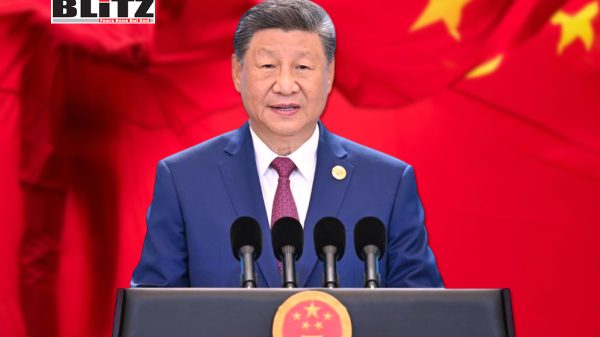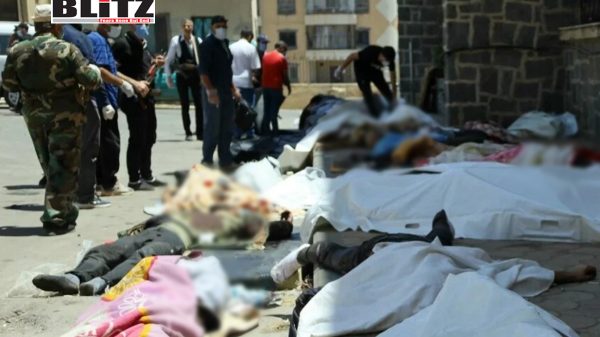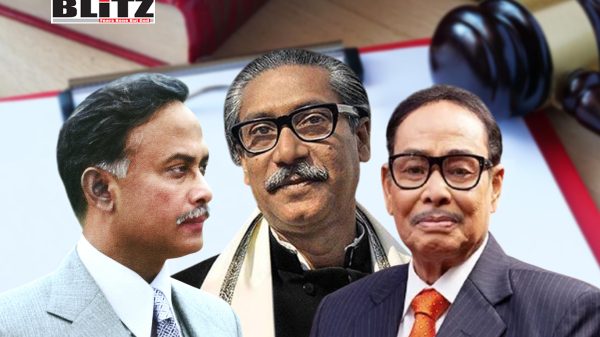Bolivia’s former Interior Minister arrested after US extradition in corruption case
- Update Time : Saturday, September 6, 2025
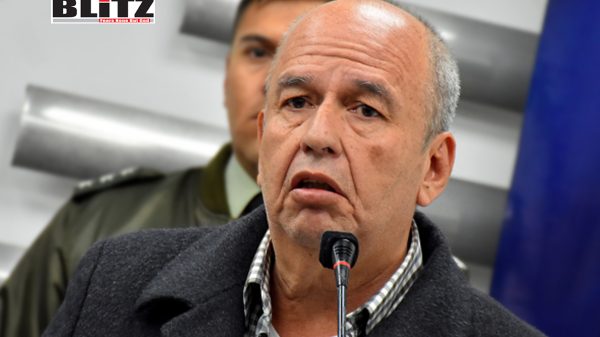
Bolivia’s long-running political and corruption scandals took a dramatic turn on September 4 with the arrest of former Interior Minister Arturo Murillo following his extradition from the United States. Murillo, once a powerful figure in Bolivia’s transitional government after the resignation of Evo Morales in 2019, has now become one of the most high-profile officials to face prosecution in connection with corruption, money laundering, and irregular state contracts. His case underscores the enduring challenges Bolivia faces in combating graft within its political class, as well as the international dimensions of corruption that cross national borders.
Murillo, 61, was escorted by authorities immediately after his arrival in Santa Cruz on September 4. The Bolivian Interior Ministry confirmed his detention, emphasizing that the extradition marks an important step toward ensuring accountability for crimes committed against the Bolivian state.
“The law must reach everyone, no matter how powerful they once were,” Interior Minister Eduardo del Castillo stated in a press briefing, adding that Murillo’s case should serve as a warning to officials tempted to misuse public funds.
Murillo had already been serving a six-year prison sentence in the United States for money laundering and receiving bribes, following his conviction in 2023. Yet Bolivia sought his return to face separate charges, particularly over the controversial purchase of tear gas in 2019 during the presidency of Jeanine Áñez, a caretaker leader whose administration was mired in allegations of corruption and political repression.
At the heart of the Bolivian charges is an $8 million contract to acquire tear gas from Ecuador during 2019’s political upheaval, when Morales was ousted amid disputed elections and mass protests. Murillo, as interior minister, allegedly authorized the inflated purchase price, resulting in more than $2.3 million in losses to the Bolivian state.
Investigators claim the deal involved inflated invoices and kickbacks to government officials, with suppliers linked to intermediaries who profited at the expense of taxpayers. Murillo was handed an eight-year sentence in absentia in Bolivia for his role in the scheme, which has since become one of the defining corruption cases of the Áñez administration.
For many Bolivians, the case is symbolic of how transitional governments, often established in times of crisis, can become fertile ground for mismanagement and graft. While Áñez herself is currently imprisoned on charges related to her assumption of power in 2019, Murillo’s return further strengthens prosecutors’ efforts to expose the network of corruption that characterized that short-lived administration.
Murillo’s troubles first began in 2021 when he was arrested in Florida. Prosecutors in the United States accused him of accepting at least $602,000 in bribes from a Florida-based company in exchange for helping it secure the tear gas contract. The funds were laundered through US banks, drawing the attention of federal investigators.
The conviction in 2023 resulted in a six-year prison sentence, of which Murillo served part before the extradition process was finalized. US officials framed the case as an example of their commitment to combating transnational corruption, noting that ill-gotten gains frequently pass through the American financial system.
For Washington, Murillo’s case was also politically sensitive, as it highlighted how foreign officials exploited US institutions for corrupt purposes. The Justice Department described Murillo as a “foreign official who abused his power for personal gain,” sending a message that the US would not serve as a safe haven for such figures.
The arrest and extradition of Murillo have stirred debate within Bolivia’s political landscape. Supporters of the ruling Movement for Socialism (MAS) party see it as vindication, arguing that figures in the Áñez administration were not only illegitimate but also deeply corrupt. For them, Murillo’s downfall demonstrates the costs of aligning with foreign interests and exploiting public office during a period of national crisis.
Opposition groups, however, warn against politicizing the case. Some argue that while Murillo should face justice, the MAS government is using high-profile prosecutions to distract from its own failures in tackling economic stagnation, inflation, and ongoing social unrest. They claim that Bolivia’s justice system remains politicized, selectively targeting opponents while shielding allies of the current administration from scrutiny.
Nevertheless, the sheer weight of evidence against Murillo makes his case difficult to dismiss as mere political maneuvering. The paper trail of contracts, combined with the US conviction, places him firmly at the center of one of Bolivia’s most notorious corruption scandals in recent years.
Murillo’s arrest fits into a broader regional narrative in Latin America, where corruption scandals have toppled presidents, jailed ministers, and eroded public trust in institutions. From Brazil’s Operation Car Wash to Peru’s never-ending cycle of corruption trials, the region has witnessed how entrenched graft undermines democratic governance and development.
For Bolivia, the challenge is particularly acute. Political instability, compounded by polarized governance and weak judicial institutions, has made corruption cases both highly politicized and difficult to resolve impartially. The successful extradition of Murillo, however, demonstrates that cooperation with international partners-especially the United States-can enhance the ability of smaller nations to hold powerful figures accountable.
Murillo now faces a series of legal battles in Bolivia that could extend his prison time significantly. Prosecutors are preparing to reopen the tear gas procurement case with him present in court, while other allegations of abuse of office during his tenure may also resurface.
For the Bolivian government, his extradition is an opportunity to showcase its commitment to justice and transparency, though whether this leads to systemic reforms remains uncertain. Public cynicism about corruption runs deep, and one arrest-no matter how high-profile-will not erase decades of mismanagement and scandal.
Still, Murillo’s fall from power is a cautionary tale: a once-influential minister, accused of enriching himself during a time of national crisis, now faces accountability not only at home but also abroad. For many Bolivians, his return in chains is a reminder that while justice may be delayed, it is not always denied.


